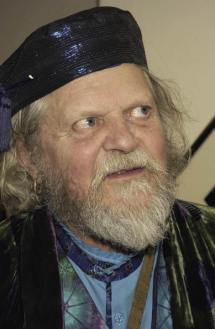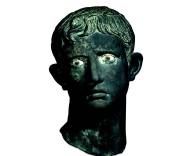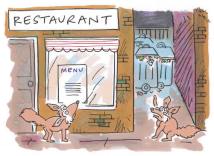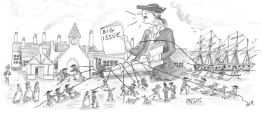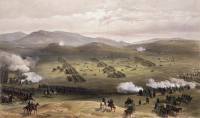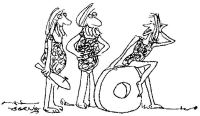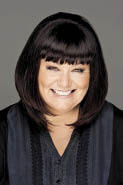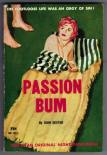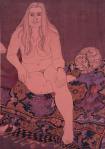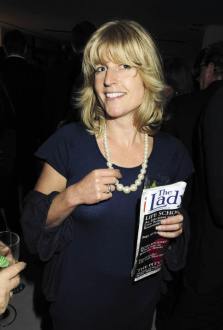BOOKENDS: Wifelet-on-wifelet
Apparently Lord Bath is writing an online autobiography, ‘an oeuvre of some seven million words’. For those without a computer, a broadband connection or any better way of spending a few years, Nesta Wyn Ellis’s The Marquess of Bath: Lord of Love (Dynasty Press, £13.99) will make an adequate substitute. It is a repetitive and incoherent book, not obviously reliable – the author thinks that fellatio is performed on women and that Guy Burgess was heterosexual – or even strictly literate, but oddly appropriate to its subject. Apparently Lord Bath is writing an online autobiography, ‘an oeuvre of some seven million words’. For those without a computer, a broadband connection
